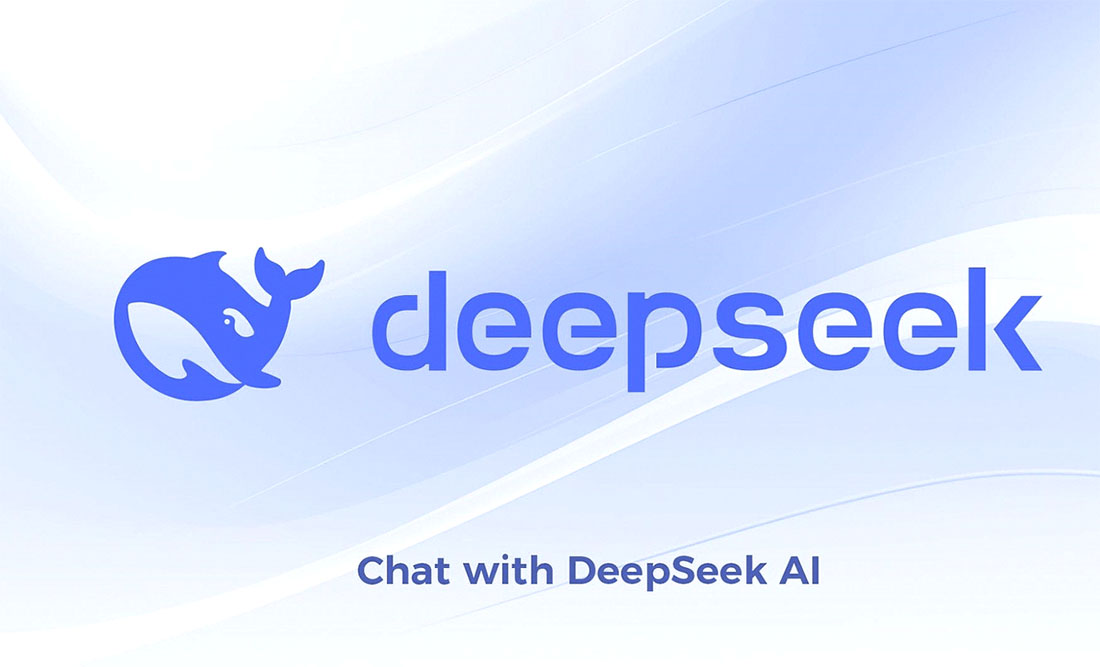
Photo Credit: Getty Images
The artificial intelligence landscape witnessed another strategic move as Chinese startup DeepSeek discreetly launched an enhanced iteration of its R1 reasoning model. This development intensifies the ongoing technological rivalry between Chinese and American AI companies.
The upgraded model, designated R1-0528, appeared on Hugging Face's developer platform without formal publicity campaigns. DeepSeek's approach mirrors their previous pattern of releasing groundbreaking technology through understated channels rather than elaborate announcements.
Earlier this year, DeepSeek disrupted global markets when their original R1 model demonstrated performance levels comparable to established competitors while requiring significantly fewer resources. The company's achievement challenged prevailing assumptions about AI development costs and infrastructure requirements. "The U.S. has based its policy on the assumption that China cannot make AI chips," stated Jensen Huang, Nvidia's CEO, addressing export restrictions. "That assumption was always questionable, and now it's clearly wrong."
Performance benchmarking reveals the updated model's competitive positioning. According to LiveCodeBench evaluations conducted by researchers from UC Berkeley, MIT, and Cornell, DeepSeek's enhanced R1 ranks closely behind OpenAI's o4-mini and o3 models in code generation capabilities. The model surpassed xAI's Grok 3 mini and Alibaba's Qwen 3 in similar assessments.
DeepSeek's emergence fundamentally altered market perceptions regarding Chinese AI capabilities despite semiconductor export controls. The company's cost-effective development approach initially triggered significant stock market volatility, particularly affecting major American technology firms including Nvidia.
Industry responses have been swift and strategic. Google introduced discounted access tiers for its Gemini platform, while OpenAI reduced pricing structures and developed the o3 Mini model requiring reduced computational power. These adjustments reflect the competitive pressure generated by DeepSeek's innovations.Chinese technology giants have embraced efficiency-focused strategies following DeepSeek's example. Companies like Baidu and Tencent have publicly detailed their approaches to optimizing AI models while navigating hardware restrictions imposed by American export policies.
The broader implications extend beyond individual company competition. Huang emphasized this reality by noting, "The question is not whether China will have AI. It already does." This statement underscores the evolving dynamics of global AI development.Market anticipation continues building around DeepSeek's potential R2 release, which sources previously suggested might arrive in May. The company also enhanced its V3 language model in March, demonstrating consistent innovation momentum.
![]()
















